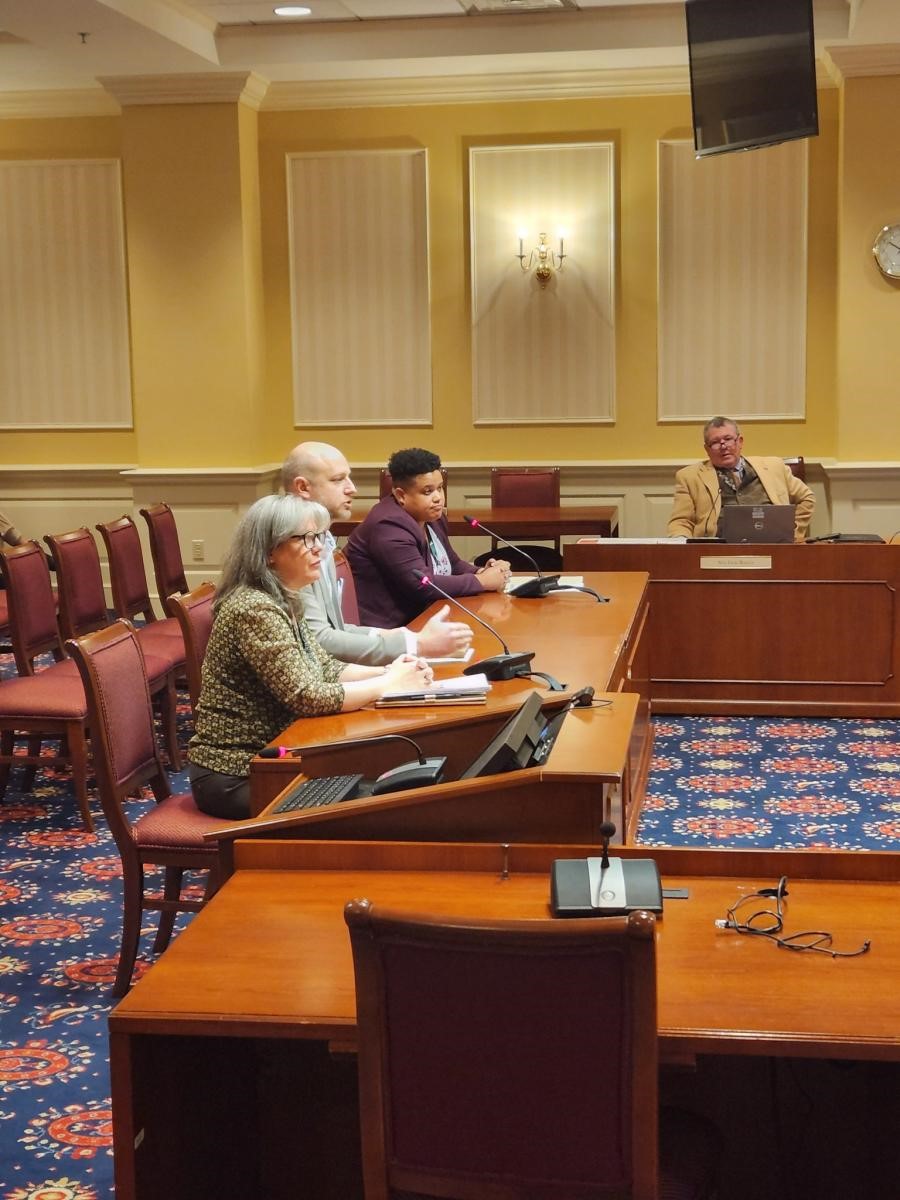National Tax-Deferred Savings Association’s (NTSA) Executive Director Nathan Glassey testified before the Maryland Senate’s Budget and Taxation Sub-Committee on Jan. 19. Glassey joined a state union representative in opposing a bill mandating auto-enrollment for teachers and state employees in supplemental 457(b) or 403(b) retirement plans.

NTSA President-Elect Toni Whaley also testified at Thursday’s hearing. She explained that mandating contributions into an account without education from a certified educator could do more harm than good for potential participants. In this way, the bill, tilted Maryland Teachers and State Employees Supplemental Retirement Plans - Automatic Enrollment, should not move forward. Instead, a focus on the current system of educating the educators using certified advisors will provide the best opportunity for these participants to work toward retirement.
The committee first heard from the bill’s sponsor, Sen. Cory McCray (D-Baltimore), and representatives from Maryland Teachers and State Employees Supplemental Retirement Plans (MSRP). Presenting their rationale for the bill’s stated aim and why it was necessary, Glassey said he agreed with some of their testimony, particularly the contention that retirement funding gaps must be addressed.
However, the four reasons for the NTSA’s opposition — (1) too much of a reduction in take-home pay, (2) limited choice and direction for plan sponsors, (3) the elimination of tax considerations in choosing a Roth versus Traditional 401(k), and (4) a disruption of access to qualified financial advisors in decision-making) made the bill too onerous.
"We agreed that the state’s pension does not fully fund retirement, and they will have a retirement gap,” Glassey added. “But that gap should be covered by something over which they have a choice, and they should have access to an advisor to educate them about what those choices might be best for their particular situation.”
A committee member asked Glassey to explain the automatic payroll deductions more thoroughly and how they impact take-home pay.
“So I explained that participants in the defined benefit plan are required to contribute 7%,” he said. “Also, while not all states mandate Social Security withholding of 6.2% for teachers, Maryland does. The bill is now looking to mandate another dollar amount from their paycheck, which we believe would be detrimental given the employees’ average salaries.”
Because the primary defined benefit plan is mandated, and the secondary defined contribution plan is supplemental, the right of the participant to have options should be allowed.
“Yes, we believe there is a gap, but participants should have the option for an advisor to educate them about how to bridge that gap,” Glassey concluded. “They have to have someone who can help them understand their options. We prefer that the districts are given the option to allow education from certified advisors rather than just requiring the dollar amount to be deposited into an account mandated by the state.”
- Log in to post comments
